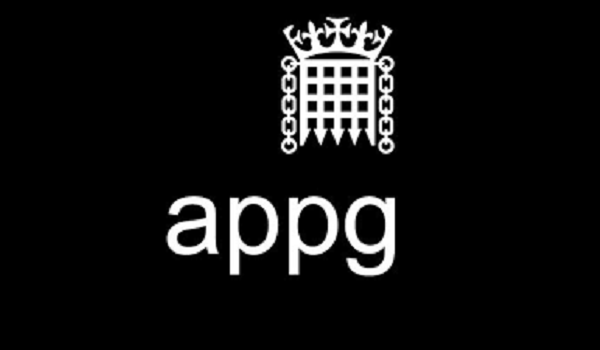Government announces programme to divert vulnerable offenders from custodial sentences
A pioneering scheme that addresses the underlying causes behind offending by those with mental health and substance abuse issues is to be assessed ahead of a national rollout.
The Community Sentence Treatment Requirements (CSTR) programme — currently being trialled in Birmingham, Plymouth, Sefton, Milton Keynes and Northampton — was launched to divert offenders away from short-term custodial sentences and towards treatment that tackles the root cause of their criminality.
Since the pilot sites went live in late 2017 and early 2018, more than 400 CSTRs have been issued.
The Ministry of Justice (MoJ) says adults released from custodial sentences of less than 12 months have a proven reoffending rate of 64.9 per cent.
The Government hopes that by evaluating each pilot site, it will not only able to understand the effectiveness of diverting offenders away from short-term sentences, but also the clinical services required to treat the individuals.
Once the results of the trial sites have been assessed, it is intended that the scheme will be rolled out more widely across England.
The programme is being run in partnership with the Department of Health and Social Care, NHS England and Public Health England.
Justice Secretary David Gauke said: “We are all clear that we need to do more to support vulnerable offenders in the community.
“I want to improve confidence in community sentences, and early evidence from these sites has shown that treatment requirements can have a significant impact in improving rehabilitation and addressing the underlying causes of offending.
“We need to do more to raise awareness and increase confidence in treatment requirements and I look forward to exploring how these sites progress.”
As part of the scheme, psychologists are present in courts to assess offenders whose crime makes them eligible for a CSTR.
Additional training has been provided to staff in the pilot areas to improve collaboration between the agencies involved, including a steering group at each site to ensure the smooth running of the diversion process.
Minister for mental health and inequalities Jackie Doyle-Price said: “All too often offenders are not able to access the support and treatment they need – this type of action could prove to be the turning point that helps to improve the lives of some of the most vulnerable people in our communities.
“We need to make sure services work together, not in silos, and this initiative is a vital step towards better information sharing and collaboration between health and justice agencies.”
Richard Clancy, lead Judge at the Complex Case Court in Merseyside, added: “To have a trial scheme where the court has on-site psychologists capable of testing suitability of a defendant for a mental health treatment requirement, so that such a community order can be made by the Judge on the same day without need for adjournment, is a remarkable and innovative move which I fully support.
“This is an excellent joint venture, and I have seen first-hand how this allows us to ‘nip in the bud’ one of the major causes of crime.”
Last year, a joint report by the MoJ and Public Health England looked at the relationship between community-based drug and alcohol treatments and reoffending behaviour.
It found that among those that committed an offence in the two years before undergoing drug or alcohol treatment, there was a 33 per cent reduction in the number of offences they committed in the subsequent two years.
And the reduction for those engaging in just alcohol treatment was 59 per cent.







